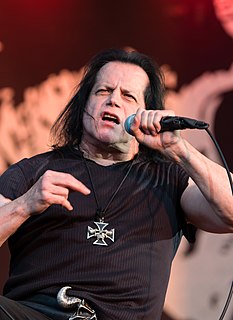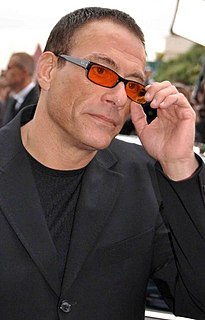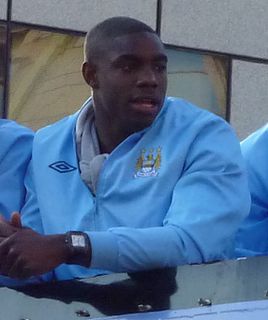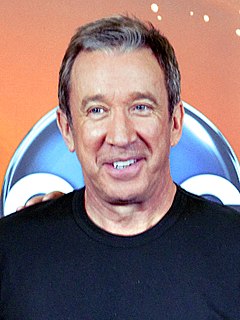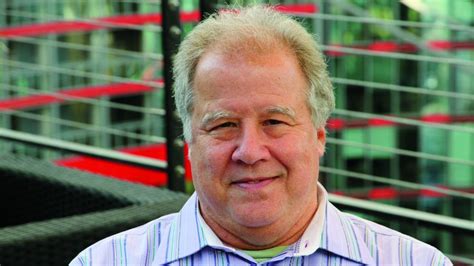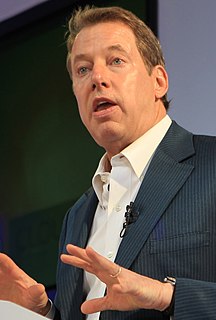A Quote by Glenn Danzig
In Japan, they have TV sets in cars right now, where you can punch up traffic routes, weather, everything! You can get Internet access already in cars in Japan, so within the next 2 to 3 years it's gonna be so crazy!
Related Quotes
When I was a young guy, when I first started with G.E., Jack Welch sent us all to Japan because in those days Japan was gonna crush us. And we learned a lot about Japan when we were there. But over the subsequent 30 years, the Japanese companies all fell behind. And the reason why they fell behind is because they didn't globalize.
I was in Los Angeles. I saw the biggest ships you have ever seen with cars pouring off from Japan, into Los Angeles. Just pouring off these ships, and I am saying to myself, we send them beef, it's a tiny fraction, and, by the way, they don't even want it, they have to fight in order to take it in because they don't even want it, and it's very perishable, they'll send it back, they'll find reasons not to take it. And yet the ships, the boats, the ships are loaded up with cars, thousands of cars and they are just pouring off.
Japan used to beat China routinely in wars. You know that, right? Japan used to beat China, they routinely beat China. Why are we defending? You know the pact we have with Japan is interesting. Because if somebody attacks us, Japan does not have to help.If somebody attacks Japan, we have to help Japan.
Nowhere in politics is there such a mismatch between public and private realm as in transport. Everyone on the M6 last weekend would have agreed with Transport Minister Alasdair Darling's reported hatred of cars. They too wanted drivers off the roads and on to public transport. Go to it, Mr Darling, they cried in unison, get rid of all those cars. Except, of course, their own. Other people's cars are traffic. My car is the outward essence of my being. It is my hat, stick and cane. It embodies my freedom as a citizen and my right as a democrat. My car is my soul in flight.
I would not even attempt to do a history of world television. I did a half dozen years where I was a juror at the Banff World Media Festival, and you get the best TV in the world there, and I was astounded at my ignorance. I would be watching a documentary made in Japan, and it was astounding, and I would never have heard of that otherwise. We're seeing more and more imports in the last years, and my dream for the next generation of TV is that somehow we get to tap into all of that.
